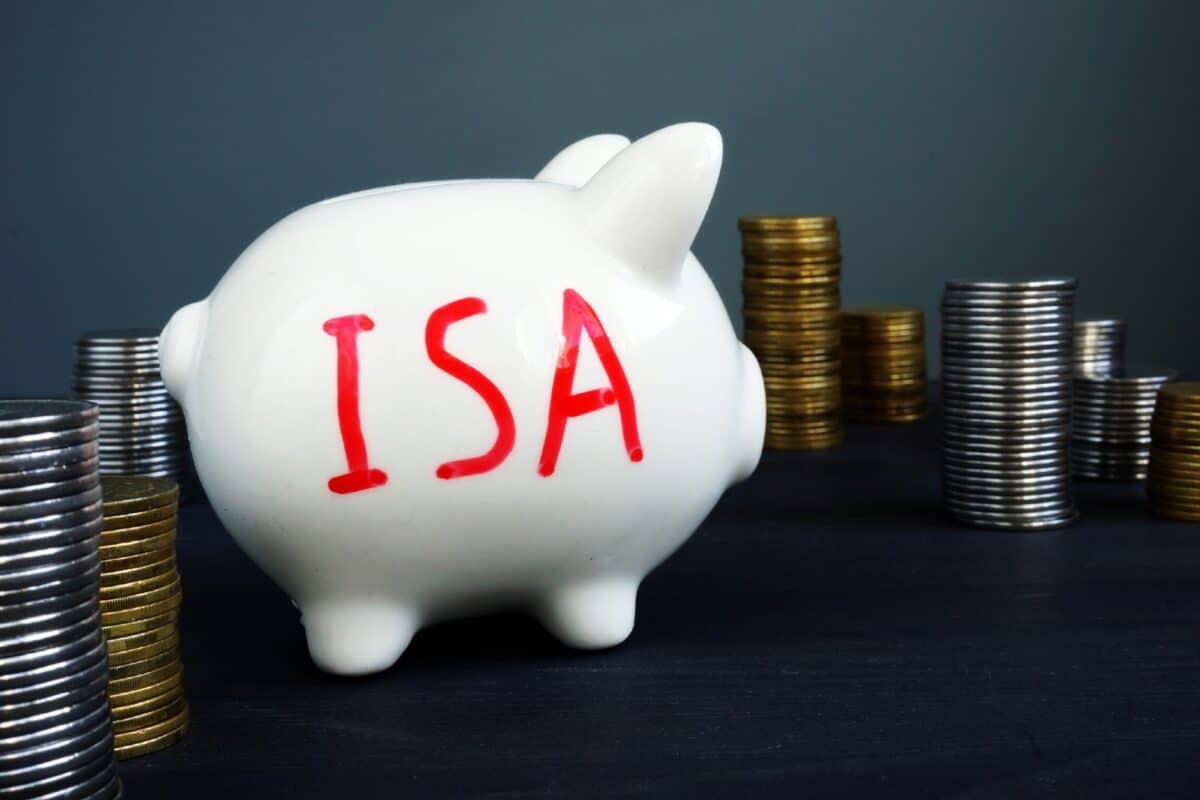An ISA can be a useful platform when it comes to trying to build long-term wealth. That is why I use a Stocks and Shares ISA.
Here are three strategies I think investors should consider when it comes to allocating such an ISA.
The income-focused approach
One is to invest most or all of the ISA in shares on the basis of their dividend income.
That can be done in a couple of ways. For example, a £20k ISA invested at an average 6% yield could hopefully provide £1,200 in passive income annually from the first year onwards. Another approach would be to reinvest those dividends, something known as compounding.
Compounding can be a powerful way to build wealth. For example, if that 6% annual yield was compounded over a decade, after 10 years the £20k ISA would be worth over £35k. At that point, yielding 6% on that amount ought to mean around £2,150 in annual dividends.
Dividends are never guaranteed to last though. Another concern I have when my portfolio is too focused on dividends is that companies with large payouts may have little else to do with that cash, which is why they use it the way they do.
With limited growth prospects, the share price may go nowhere fast. Yes, British American Tobacco yields 7.9%. But over five years its share price has moved down 3%.
Going for growth
A second approach would be to pay less attention to dividend prospects and instead focus on growth opportunities. That can mean putting money into a share today in the belief that a decade or two from now its business will be doing brilliantly.
I like that strategy as a way to make exponential gains over the long term. But a big risk is identifying growth shares that have what it takes to go the distance – and are not already priced accordingly.
While mature companies with high yields may offer limited growth, they often have at least proven their business model over time.
A bit of both
That explains why I use a third approach when it comes to putting my ISA to work. I buy a combination of income and growth shares.
For example, one of the shares I own is Google parent Alphabet (NASDAQ: GOOG) (NASDAQ: GOOGL).
Like many tech companies, for years Alphabet resisted paying a dividend even though it threw off loads of spare cash. After all, from expanding YouTube to building its autonomous driving dream, Alphabet had lots to spend money on.
It now pays a modest dividend. On top of that, I see new risks. Artificial intelligence (AI) could pose a serious threat to demand in Google’s core search business. On the other hand, AI may actually help Google and other Alphabet companies deliver what they already do at lower cost, helping boost the company’s profit margins.
Over the long run I see lots of growth opportunities for Alphabet. I like the fact that it has already proven it can convert big opportunities into big profits, which many growth shares fail to do.








